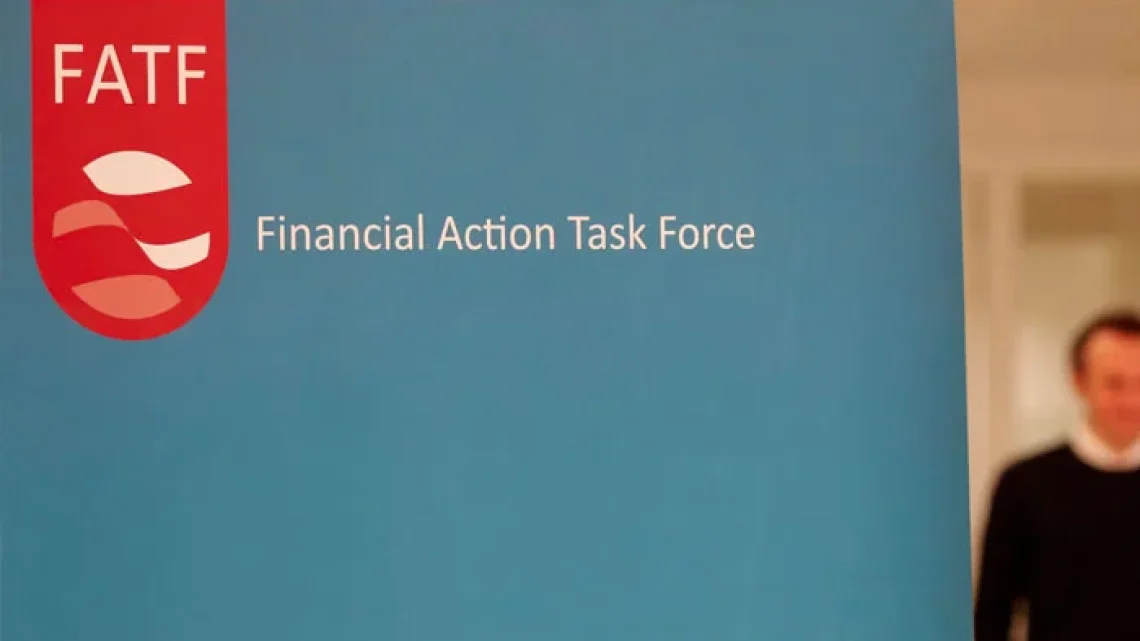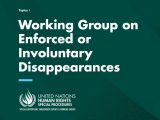
FATF’s Report on India: A Wake-Up Call Ignored
October 23, 2024The Financial Action Task Force (FATF) released a damning Mutual Evaluation Report on India, exposing critical flaws in its anti-money laundering (AML) and counter-terrorist financing (CFT) frameworks.
This report is a crucial opportunity to spotlight India’s glaring deficiencies and its non-compliance with international standards. The FATF plenary session in Singapore, held in June 2024, thoroughly evaluated India’s AML and CFT measures, revealing significant areas in dire need of improvement.
Among the critical shortcomings identified were persistent prosecution delays and inadequate oversight of non-profit organizations (NPOs). India’s failure to monitor politically exposed persons (PEPs) and regulate its digital economy concerning terrorism financing further compounds these issues.
The FATF has emphasized that India must make substantial structural changes to its AML and CFT frameworks. This includes enhanced capacity building, more rigorous risk assessments, and efficient prosecution of financial crimes. Although some deficiencies were noted, India received a relatively lenient rating, effectively granting it a clean slate for now.
India has been placed under the “regular follow-up category,” which mandates a progress report on recommended actions by October 2027. This could easily be dismissed as a bureaucratic formality if not met with genuine commitment to reform.
The FATF’s recommendations are a clarion call for India to bolster its AML and CFT strategies. However, India’s government appears more focused on consolidating power than addressing these pressing concerns. Insurgency in Northeast India, alongside extremist organizations like ISIL and Al-Qaeda, is reportedly thriving, collecting and managing funds within the country.
Moreover, the FATF criticized India for severely restricting civic space, curtailing freedom of expression, and stifling peaceful assembly. This trend mirrors the broader environment of oppression faced by marginalized groups, including the Muslim population in Indian illegally occupied Jammu and Kashmir.
In occupied Kashmir, the government’s heavy-handed tactics include silencing dissent and targeting activists. This oppressive atmosphere not only fuels local grievances but also creates a fertile ground for extremism, which the FATF report highlights as a growing concern.
The FATF pointed out that NPOs in India, particularly those registered as charitable organizations, are vulnerable to evading tax regimes and potential terrorist funding. This mirrors the situation in IIOJK, where international aid organizations face scrutiny and operational challenges due to the government’s tight grip on civil society.
Significant gaps persist in the regulation of designated non-financial businesses and professions (DNFBPs), especially concerning money laundering and terrorism financing. Fraudulent cash transactions and rampant drug trafficking remain primary sources of money laundering, exacerbating the country’s financial malfeasance.
The gems and jewelry market is particularly notorious for its role in facilitating money laundering and financing terrorist activities. As highlighted in the FATF report, India must expedite pending money laundering trials and enhance its handling of serious crimes such as human trafficking and drug-related offenses.
Furthermore, India is urged to improve its mechanisms for freezing funds and assets promptly. The call for defining domestic PEPs under AML laws and implementing risk-based measures should not be taken lightly.
With rising Islamic State footprints reported across India since 2014, the urgency for reform cannot be overstated. The FATF’s revelations should serve as a wake-up call for India, yet the government’s inaction raises questions about its commitment to genuine reform and accountability.
India’s disregard for these international recommendations not only undermines its global standing but also perpetuates a climate of oppression, particularly against vulnerable Kashmiris in IIOJK.

